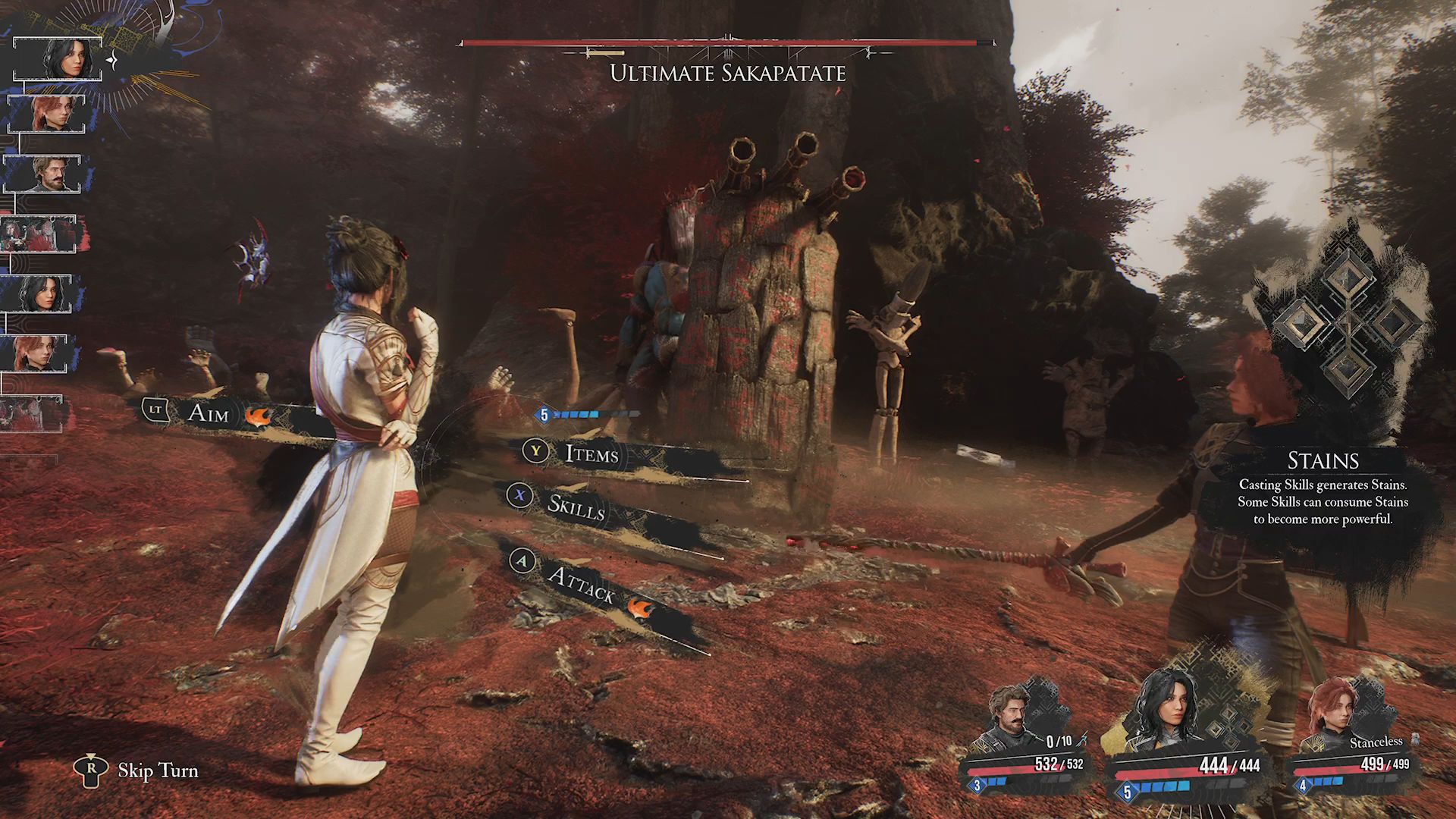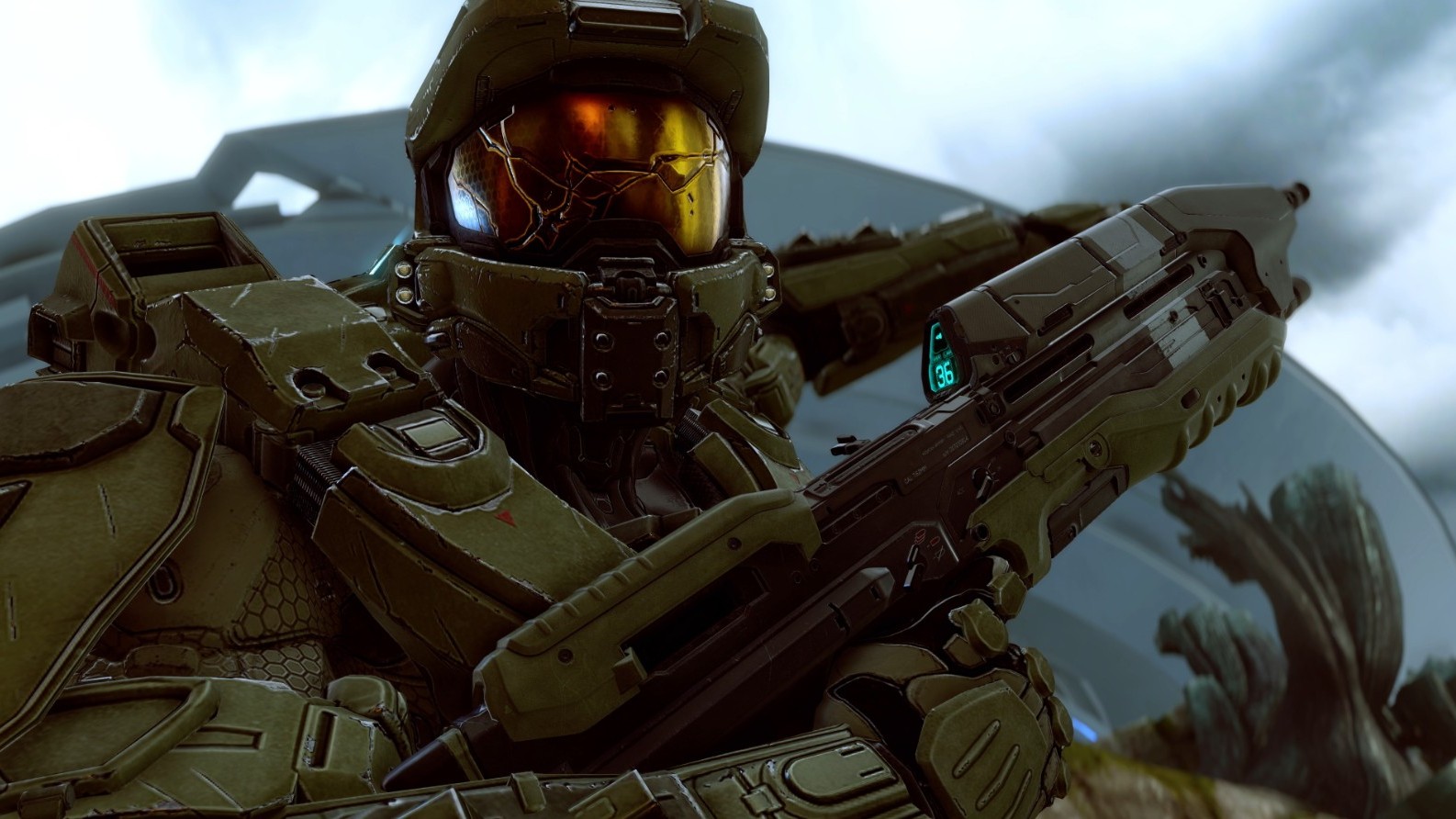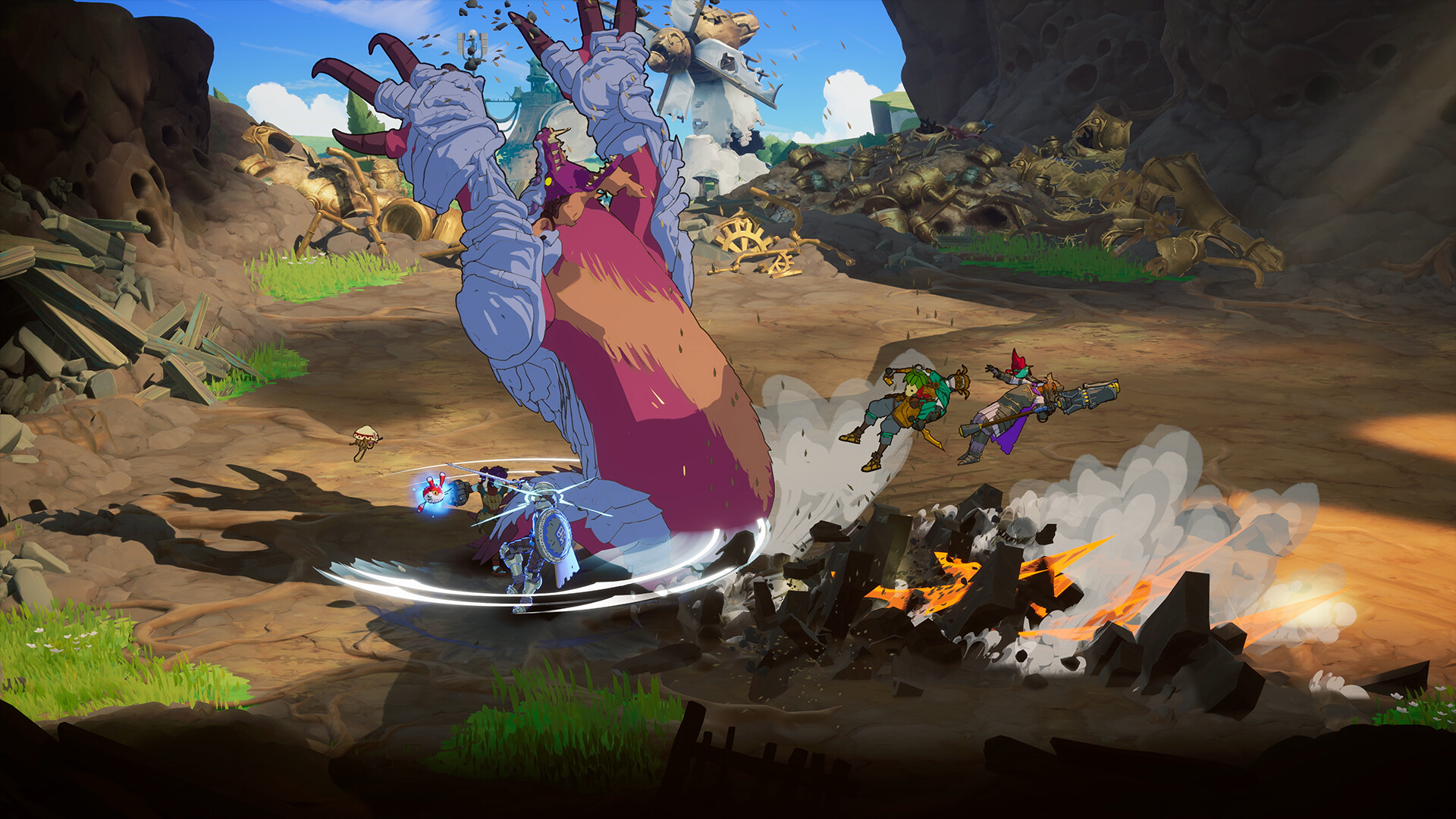## Tired of Square Enix’s “Innovation” Excuse for Turn-Based Combat Changes? Claire Obscur Just Delivered the Counterpunch.
Remember when Square Enix promised us revolutionary combat systems for Final Fantasy, only to deliver lukewarm, action-heavy clunkfests that felt more like “Final Fantasy Lite”? Well, hold onto your hats, because “Clair Obscur: Expedition 33” has just landed a knockout punch, proving that true turn-based combat is far from dead. This indie gem isn’t just a masterful throwback to classic FF battles; it’s a passionate rebuke to the publishers who claim to be evolving the genre while simultaneously dismantling its soul.

Beyond the Numbers: The Heart of Turn-Based RPGs

Clair Obscur: Expedition 33’s triumph isn’t just about its stunning visuals or captivating narrative; it’s a resounding testament to the enduring power of tactical, strategic combat in RPGs. While recent trends in the industry have leaned towards more action-oriented or real-time combat systems, Expedition 33 proves that there’s still a massive appetite for the thoughtful, deliberate gameplay that turn-based systems offer.
The game’s combat draws inspiration from classic JRPGs like Final Fantasy VIII and Super Mario RPG, incorporating elements of grid-based movement, carefully timed attacks, and strategic use of abilities. This isn’t simply a nostalgia trip, however; Expedition 33 elevates these classic mechanics with modern polish and depth. The combat is fast-paced and engaging, demanding careful planning and execution. Players are rewarded for anticipating enemy actions, exploiting weaknesses, and utilizing the environment to their advantage.
A Comparison to Recent JRPGs
Expedition 33 stands in stark contrast to some recent JRPGs that have opted for streamlined or action-oriented combat systems. While these titles may offer a different flavor of gameplay, they often sacrifice the strategic depth and player agency that are hallmarks of traditional turn-based combat. Games like Final Fantasy XV and Final Fantasy XVI, while visually impressive, have been criticized for their simplistic combat systems that prioritize flashy action over thoughtful strategy. This shift away from traditional turn-based combat has left many fans longing for a return to the classics.

The Importance of Player Agency
At its core, Expedition 33’s success lies in its commitment to player agency. The combat system doesn’t simply dictate the flow of battle; it empowers players to make meaningful decisions that shape the outcome. Every action, from choosing which attack to use to positioning characters strategically on the battlefield, has a direct impact on the encounter. This level of agency is crucial to creating a truly engaging and satisfying RPG experience, allowing players to feel like they are actively shaping their destiny.
A Call to Action: Square Enix, Take Note!
The resounding success of Clair Obscur: Expedition 33 sends a clear message to Square Enix: there’s a huge demand for well-crafted turn-based RPGs. The company’s recent decisions to abandon traditional turn-based combat in favor of more action-oriented systems have alienated a segment of its fanbase. While Final Fantasy VII Remake and Final Fantasy XVI have achieved commercial success, their departure from the series’ roots has been met with mixed reactions from long-time fans.
The Implications for Future Final Fantasy Games
Expedition 33’s success presents a unique opportunity for Square Enix to reconsider its stance on turn-based combat. The game’s popularity demonstrates that there’s still a significant audience for this classic gameplay style, and it’s time for Square Enix to listen to its fans. Ignoring this demand could lead to further alienation of the fanbase and potentially damage the long-term prospects of the Final Fantasy franchise.
A Plea for Re-evaluation
We urge Square Enix to take note of Expedition 33’s success and re-evaluate its approach to future Final Fantasy games. The company should embrace innovation while staying true to the core principles that have made the series so beloved over the years. This means exploring new ways to enhance turn-based combat, rather than shying away from it altogether. The industry is evolving, and RPGs are becoming more diverse than ever. There’s room for both action-oriented and turn-based games to thrive, and Square Enix should strive to be at the forefront of this evolution.
Embracing Innovation and Fan Feedback
The success of Expedition 33 highlights the importance of listening to fan feedback. Square Enix should actively engage with its community, understanding their desires and concerns. This will allow the company to create games that resonate with players on a deeper level. The game’s developers at Clair Obscur have clearly listened to what fans want, and it’s paid off in spades. Square Enix can learn a valuable lesson from their success. Embracing innovation and fan feedback will lead to a brighter future for the Final Fantasy franchise.
Conclusion
So, there you have it. “Clair Obscur: Expedition 33” doesn’t just deliver a stellar turn-based RPG experience, it does something far more profound: it dismantles Square Enix’s attempts to rewrite history on the value of classic Final Fantasy combat. With its intricate systems, deliberate pacing, and rewarding tactical depth, “Clair Obscur” proves that turn-based combat isn’t a relic of the past, but a vibrant and engaging design choice that deserves a place in modern gaming.
This isn’t just a victory for fans of classic Final Fantasy; it’s a broader statement about the power of player choice and the danger of corporate narratives that dismiss entire genres as outdated. “Clair Obscur” reminds us that innovation doesn’t always mean abandoning tradition, and that sometimes, the best stories are told through carefully crafted encounters and strategic battles. As developers continue to experiment with new mechanics and push boundaries, let’s hope they remember the lessons learned from “Clair Obscur”: that true innovation lies in respecting the past while forging a compelling path forward.
The future of RPGs is bright, and it’s filled with the promise of tactical battles, thoughtful choices, and stories that resonate long after the credits roll.